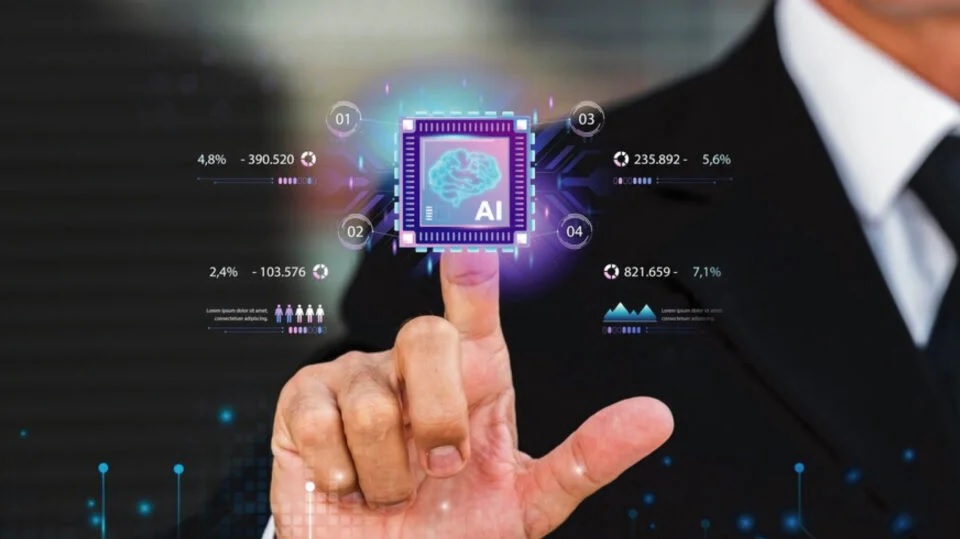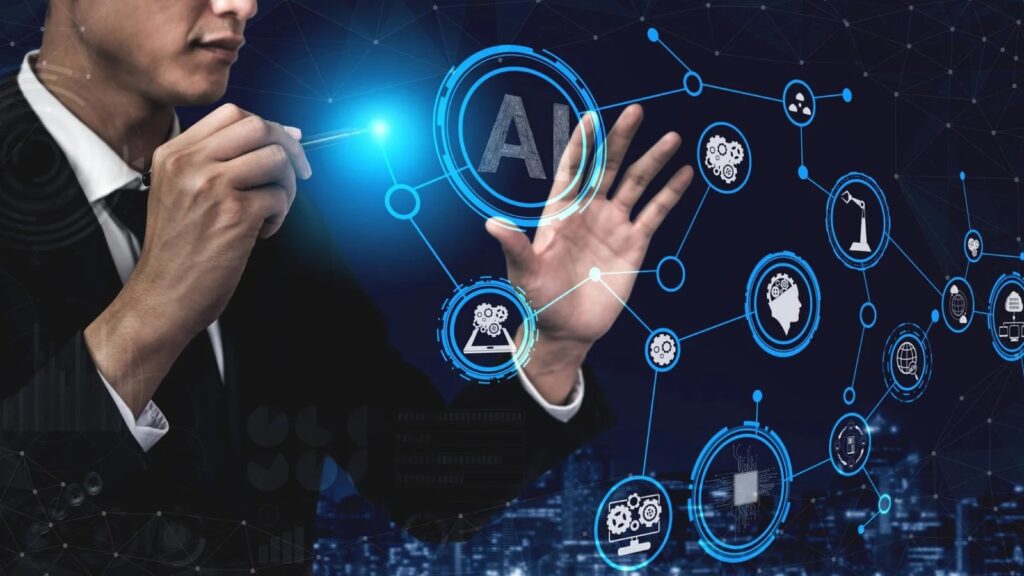
Simplifying Data Management with Unified Data Fabric Architecture
In an era where data-driven decision-making is paramount, organizations are constantly searching for effective ways to harness the full potential of their data assets. Enter Unified Data Fabric (UDF)—an innovative and evolving approach that offers a consolidated view of data and its ecosystem. In this blog, we’ll explore what UDF is, its key benefits, and…

Cyber Threat Hunting in 2024: A Practical Step-by-Step Approach
As cyberattacks become increasingly complex and frequent, traditional cybersecurity measures are struggling to keep pace. Firewalls, antivirus software, and even intrusion detection systems are no longer sufficient to protect modern organizations. In 2024, businesses are likely to face sophisticated threats such as advanced persistent threats (APTs), ransomware, and insider attacks—many of which can bypass automated…

AI in 2025: How It Will Shape the Future of Technology
In 2025, it’s not surprising that the tech industry is on the verge of dramatic transformation, with the rapid emergence of Artificial Intelligence (AI) in enterprise companies. AI is set to reshape business operations across a wide range of sectors, from automating processes to enhancing decision-making, and driving profitability. As businesses increasingly adopt and apply…

Future of Content Creation in the Age of AI
The advent of the Internet has had a significant impact on globalization and completely changed how we communicate, learn, and work. However, it seems that the Internet is only ‘stage one’ in a much bigger technological revolution – the one of Artificial Intelligence (AI). The emergence of AI has the potential to transform many fields…

RPA in Modern Healthcare: Revolutionizing Patient Care & Operations
Robotic Process Automation (RPA) was initially designed to cut costs while enhancing operational efficiency. Since its inception, this has remained its core function. In 2025, healthcare discussions are centered around this very theme. The question is no longer about whether automation is necessary but rather about the role of human expertise in an increasingly automated…

Revolutionizing Business with Hybrid Cloud Computing
In today’s rapidly evolving technological landscape, hybrid cloud computing is reshaping the future of IT infrastructure. Its adoption has become a critical component for modern businesses striving for efficiency and agility. Understanding Hybrid Cloud Environments Recognizing the various environments within a hybrid cloud is essential, as they directly impact a company’s ability to optimize operations. Large…

How Generative AI is Transforming Applications and Services
Artificial Intelligence (AI) plays a crucial role in revolutionizing industries and driving progress by processing vast amounts of data to extract valuable insights. This capability empowers IT professionals, researchers, scientists, and other industry experts to make smarter, data-driven decisions. The growing prominence of generative AI is a testament to its ability to unlock new opportunities…

Revolutionizing RPA: How AI is Enabling Fully Autonomous Bots
Traditional RPA relies on scripted rules and predefined code. However, autonomous RPA operates differently. It leverages AI, machine learning, and intelligent decision-making to enable self-driving bots that can learn, adapt, and automate processes with minimal human intervention. As organizations face rising costs and operational inefficiencies, autonomous RPA is emerging as a game-changer. It has the…

Taking Charge: How Top Marketers Control Creative and Media at Scale
How AI is transforming marketing roles AI and machine learning aren’t just tech buzzwords anymore—they’re redefining the entire marketing industry. These tools are optimizing the processes that drive campaign success, freeing up marketers to focus on what they do best: creativity and strategy. In this shift, we’re seeing the rise of a new kind of…

With AI Disrupting Industries, It’s Time for More Women to Enter Tech
It is easy to argue that the tech industry has a gender diversity problem. And that employers must do more to make themselves attractive to women. As we look to a future shaped by AI however, change cannot happen soon enough. More women need to take a risk – putting aside what they’ve heard about…